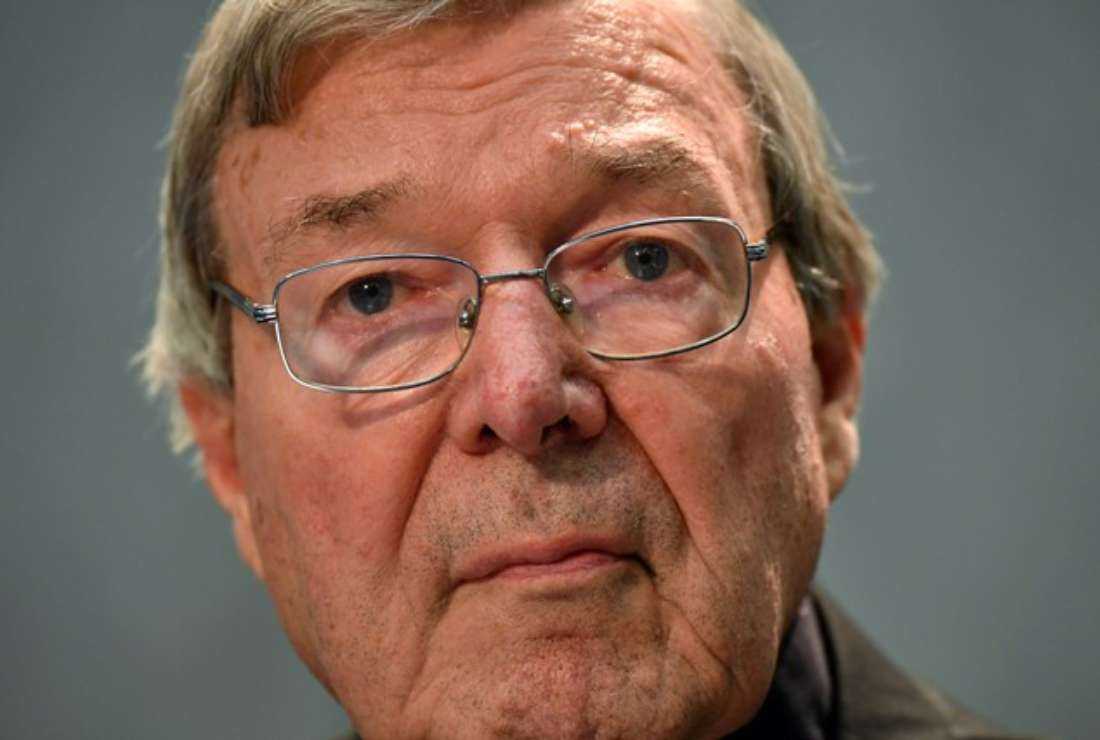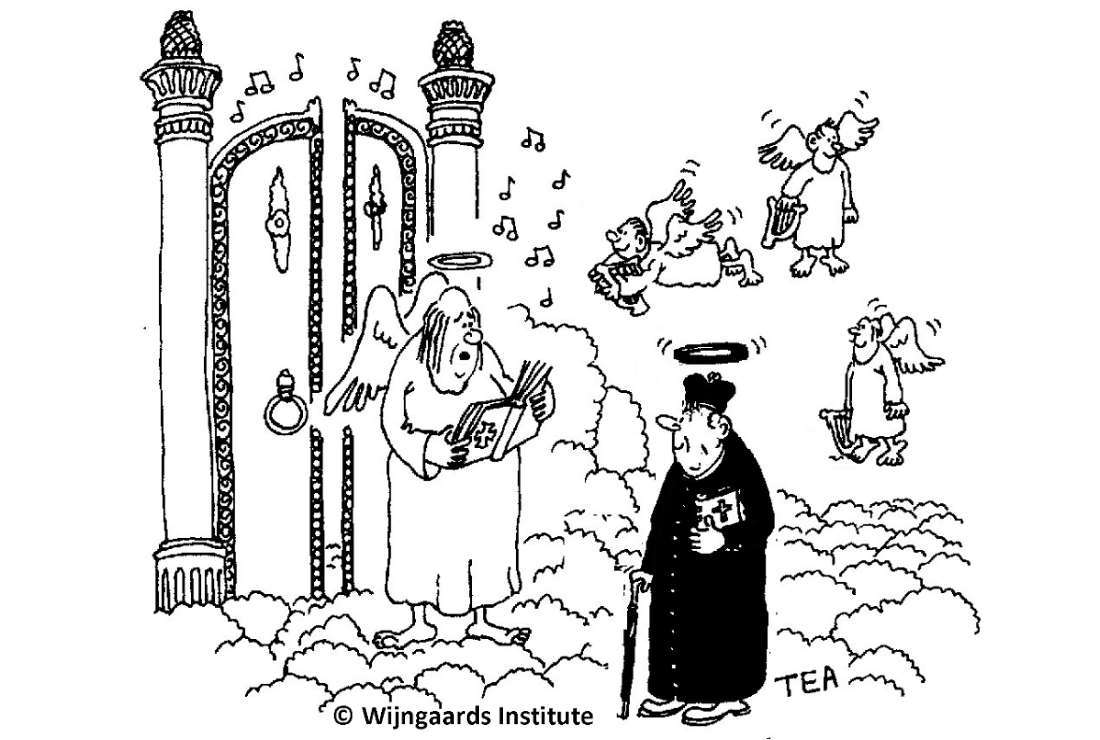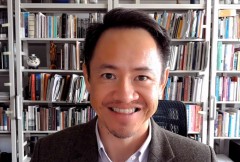Late Australian prelate had gone on record as saying ‘might as well try to ordain a potato’

Australian Cardinal George Pell was a fierce opponent of women in holy orders. The cardinal died in Rome aged 81 on Jan. 10. (Photo: AFP)
I am sure Cardinal George Pell had many virtues for which he will be rewarded. He was no doubt sincere in his convictions. He will be judged according to his own conscience. I remember him as a fierce opponent of women in holy orders.
The scene was set in 2010. I had been invited to be a guest speaker at the annual conference of the Ordination of Catholic Women at Hobart in Tasmania. The group was very active at the time. Regretfully it was discontinued recently due to a lack of resources.
After the conference, I hopped across the Bass Strait to Melbourne and then Sydney. My purpose was both to visit family members living in Australia and make new contacts in my campaign for women’s ordination.
In Sydney, I stayed at an international hotel, and at the suggestion of a friend, placed an ad in a local newspaper saying: “John Wijngaards, Catholic theologian convinced women should be ordained. If interested ring [my telephone number at the hotel].”
"Management explained that they had received a protest from the Archbishop’s House"
Five fruitful calls came in on the first day. One was from a religious sister who had obtained a doctorate in sociology on a thesis exploring the special charisms women bring to leadership.
From the second day onwards all my incoming calls at the hotel were deleted. Management explained that they had received a protest from the Archbishop’s House. And, anyway, my room telephone should not be used for advertising purposes.
I knew, of course, that Sydney was the stronghold of Cardinal Pell, a well-known opponent of the ordination of women. In earlier years he had gone on record as saying: “Ordain a woman? You might as well try to ordain a potato!” But more was to follow.
One of the fruitful responses to my advertisement came from a priest who at the time was in charge of Reconciliation Church in Phillip Bay, on the outskirts of Sydney. He too supported the ordination of women. The community gathering at his church was a mixture of open-minded aboriginals and Westerners. So he invited me to address the community at the end of their next Sunday Mass at 11 a.m. I accepted.
However, on Saturday the priest got in touch with me, Cardinal Pell had heard about the invitation and disapproved. In fact, the priest was told that I should not speak in the church and be physically prevented from entering it!
The priest was upset about this. So he proposed a compromise. After the Mass, which he would keep short, he would invite his community to come and meet me in a local café so that they could hear what I had to say.
And so it was done.
I patiently waited outside the church during Mass. The area is full of aboriginal families. I found a bench to sit on, which provided also the opportunity to talk to some local aboriginal youngsters who were playing around at the time.
At a quarter past twelve the priest came out of the church, followed by a sizable group of parishioners. We walked to the nearby café which turned out to be quite large. There, over a cup of coffee, I explained to a gathering of over fifty participants why I believe women should receive ordination. It was followed by a lively discussion.
I sent a message to the Archbishop’s House asking for an interview with Cardinal Pell. I received a response saying that the cardinal’s schedule was full. So much for the freedom of research and freedom of speech laid down for theologians by Vatican II.
*The views expressed in this article are those of the author and do not necessarily reflect the official editorial position of UCA News.










